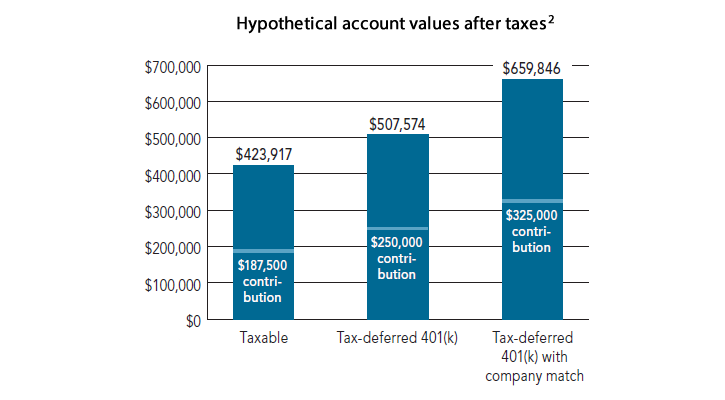How to minimize taxes with mutual fund investing and donor advised funds
Post on: 28 Июнь, 2015 No Comment

A sset Location involves allocating mutual fund investments across taxable, tax-deferred and tax-free accounts in a manner that minimizes tax liability. If all of your investments are in the same type of account, a traditional 401(k) for example, then asset location is not an issue. If you also have investments in a taxable account, however, then asset location is critical. Let me give you an example of a mistake I made with my asset location, and then Ill turn to my current portfolio (and a growing problem I have with asset location).
REIT mutual funds and taxable accounts go together like oil and water
Several years ago I added the Vanguard REIT index fund (VGSIX) to my taxable account. At the time I didnt realize that a REIT must distribute 90% of its earnings in the form of dividends. In fact, I didnt even consider the tax consequences of placing a REIT mutual fund in a taxable account. The same was true with a bond fund that I held in my taxable account. Ouch.
Over time, the yearly tax hit from both of these funds became substantial. As I learned more about investing and asset location, I realized that I needed to move these mutual funds into a tax sheltered account. When I changed jobs a few years ago, I moved my 401(k) into a rollover IRA at Vanguard, and used it as the vehicle to hold my REIT and bond fund. I had to pay some capital gains tax on the REIT fund when I sold it, which was a costly lesson. In the long run, however, it was the smart move to make.
Asset location and international funds
Today I own three mutual funds in my taxable account: Brideway Ultra Small Company (BRSIX), Vanguard International Explorer (VINEX) and Vanguard Emerging Markets Stock Index (VEIEX). Both BRSIX and VEIEX have been great funds to hold in a taxable account. While both pay modest dividends, VEIEX hasnt distributed a capital gain since Ive owned it, and BRSIX usually distributes modest capital gains. The Vanguard International Explorer fund, however, is another story.
This year VINEX distributed capital gains equal to about 12% of my total holdings in that fund. That tax hit for me, even at 15%, will be significant. Unfortunately, when I bought the fund several years ago, I wasnt focused on the tax consequences of holding the fund in a taxable account. You can learn from my mistake. So what can I do about it?
Well, I cant convert it to an ETF because that option isnt available with this fund. I could sell the fund, but of course that would trigger even more capital gains tax. But there is an option if I have any desire to give the money awaydonor advised funds.
Donor advised funds
A donor advised fund can be set up with most major brokerages. Both Vanguard and Fidelity offer them. Heres how they work. You can contribute cash, stock or shares of a mutual fund to a donor advised fund that you set up. Once you make the contribution, the money is no longer yours. You cant get it back.
The donor advised fund will invest the money as you direct (within limits and the investment cant benefit you), and distribute the money at your direction to a qualified charity. And here is the good part: (1) you get an immediate tax write-off when you contribute to the donor advised fund (not when the money is distributed to a charity); (2) and you can write-off the appreciated value of the stock or fund without being taxed on the capital gains.
Now to take advantage of a donor advised fund, you obviously have to give your money to charity. If you already contribute cash to various charities, however, you may consider the donor advised fund instead. You can contribute appreciated stock or mutual funds instead of the cash, and then invest the cash you were going to give to charity back into similar investments and obtain a higher tax basis. This is an approach my wife and I are considering now.
In the case of VINEX, I could look for a more tax efficient alternative for my money. I should add that depending on what charities you contribute to, they may accept stock or mutual fund shares directly, without the need of setting up a donor advised fund. This could be a great alternative, particularly considering that donor advised funds have relatively high minimum investment requirements. Vanguards Charitable Endowment Programs initial investment requirement is $25,000. Fidelitys Charitable Gift Funds initial contribution requirement is $5,000.
As always, consult a tax professional before making any decisions involving a donor advised fund.
Question. If you invest in both traditional and Roth retirement accounts (whether 401(k)s and/or IRAs), does it matter from a tax perspective which investments you put into each account? Ill be addressing this and other 401(k) and IRA questions during the month of January. If you have an answer, please leave a comment. And send me any 401(k) or IRA questions you have.














